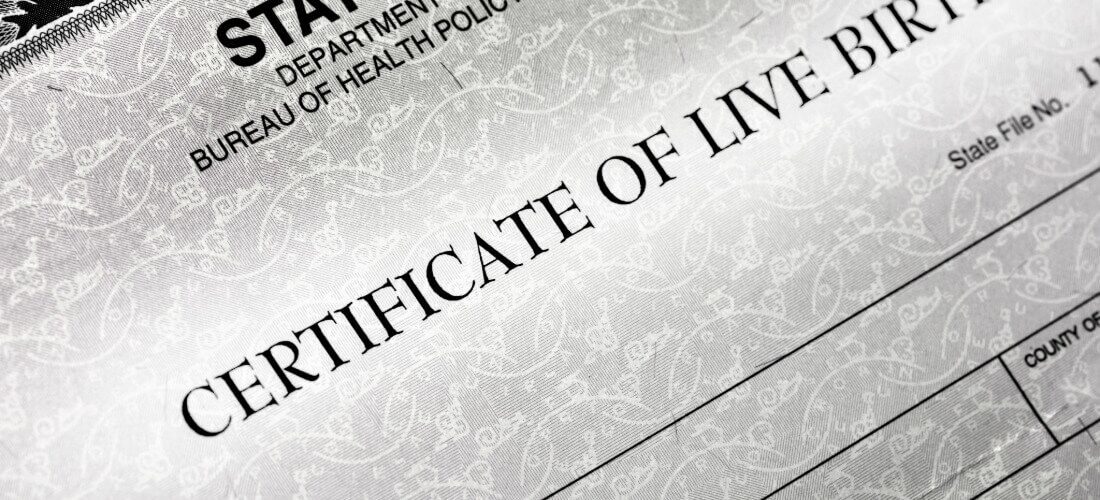
The length of time that records need to be kept can differ depending on the type of content they contain, industry regulations and business needs. So, how do organizations ensure their retention of documents is in accordance with the law? Records retention.
Records retention describes the methods and practices an organization will use to safeguard important records and maintain them for the required period of time until they need to be stored, redirected or otherwise disposed of. A records retention system applies to both paper documents and electronic records such as scanned versions of physical documents, word documents, spreadsheets and more.
“Records” and “documents” are rather vague terms, so let’s define them. Both terms describe a piece of evidence of an event that took place within an organization. This can include invoices, purchase orders, contracts or general correspondence. In most cases, the original copy or version of the document is what needs to be kept.
Understanding the retention period – how long a document needs to be kept – is crucial to proper retention of documents. Records retention processes help organizations stay compliant with laws so they don’t hold on to a document for too long or release it too soon. Records retention is guided by a combination of system policies, scheduling and infrastructure that help administrators comply with government and industry regulations, laws and recommended business practices.
Here’s more on these three components of a successful records retention strategy:
Retention Policies
Every organization should have its own policies that pertain to the retention of documents to reduce risk and keep records management organized. Without appropriate policies in place, documents can easily slip through the cracks, become forgotten, be disposed of too early or otherwise mishandled by untrained staff.
Records retention policies should cover everything from the classification and storage of documents to their preservation and destruction. All employees who deal with such documents, such as those working in the human resources or finance departments, should be trained on these policies during onboarding. These policies will save you time, money and headaches.
Retention Schedules
Retention schedules outline the different types of records managed by your organization and how long they need to be kept. They will serve as a reference, but will need to be routinely updated as new documents get added, and old documents are redirected or discarded.
A spreadsheet with different rows for the document name, the retention period, the medium (whether it is a physical or electronic document) and space for notes is a good place to start. In addition to this schedule, organizations should also invest in software that automates the records management process by tracking the life-cycle of documents and can seamlessly archive and classify them.
Retention Infrastructure
Records and retention schedules have to be easily accessible so employees can search for and retrieve documents easily and update the schedule when necessary. Infrastructure should make records immediately accessible upon request for both staff accessing them directly and clients accessing them through a public portal.
Having a centralized digital records management system will make things a lot easier when it comes time for an audit or changes to important documents need to be made. To protect against theft and data breaches, this infrastructure should also be incredibly secure. To minimize risk, there should be levels of access to documents with the most sensitive information only accessible by certified managers or administrators.
GovOS works with hundreds of government agencies across the country to bring a wide array of services online. Contact us today to discover all the ways we can help your community on its digital transformation journey.










